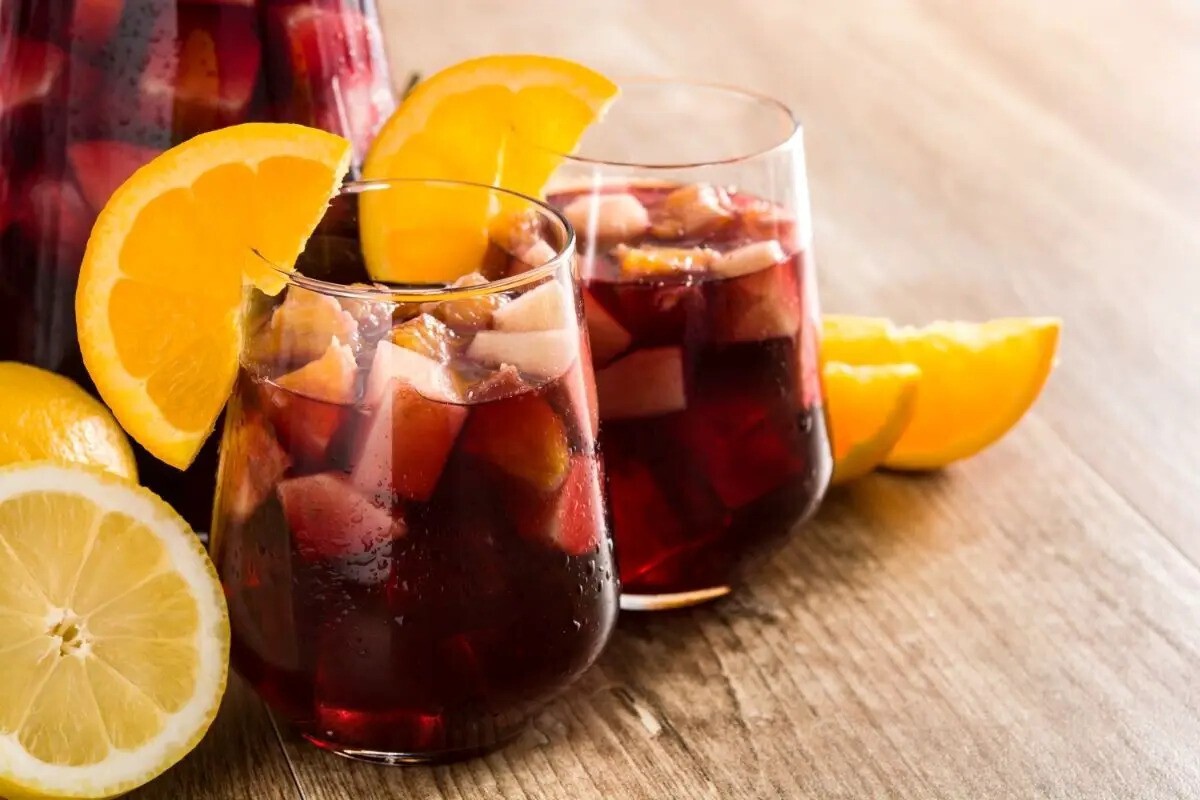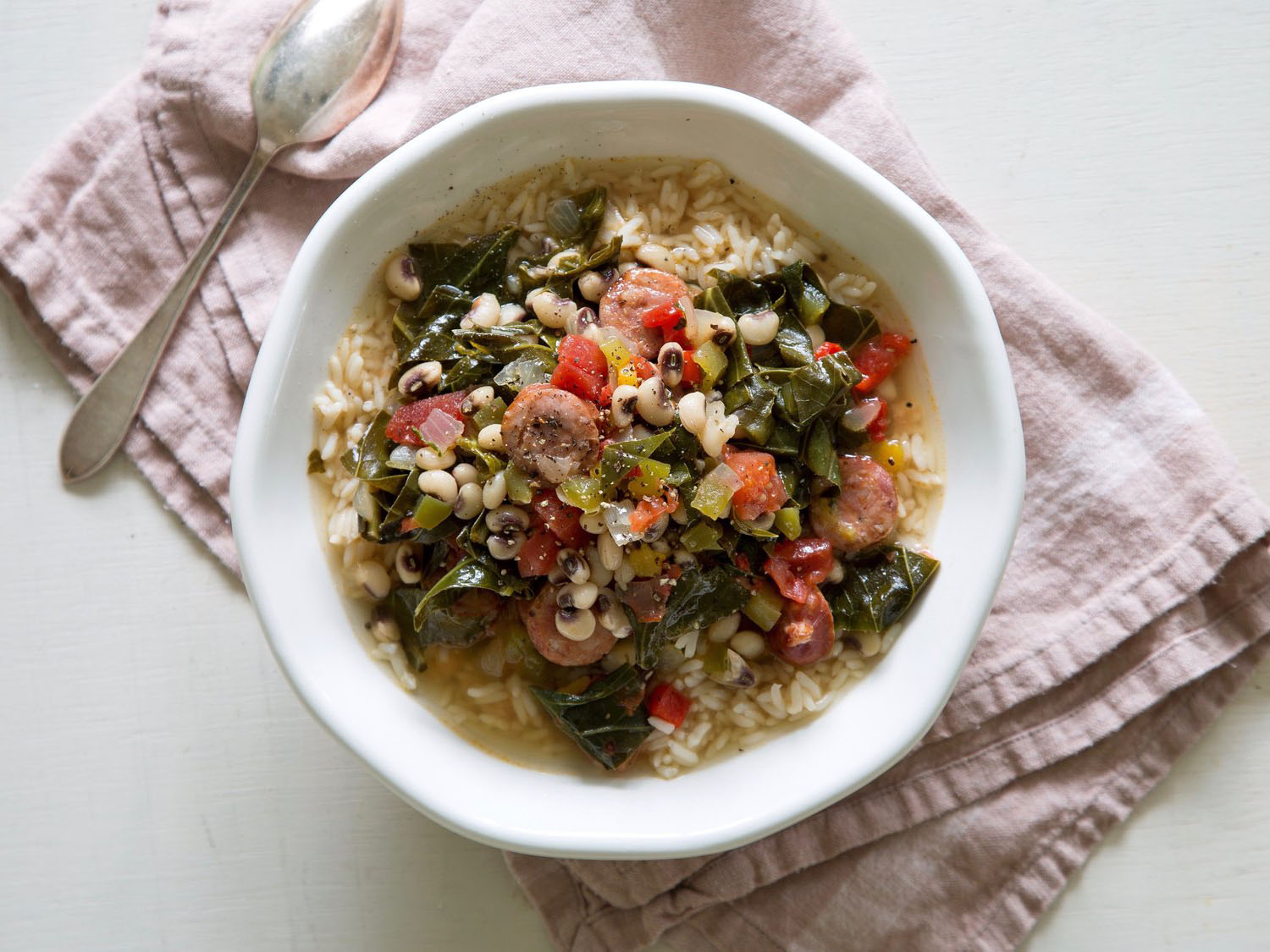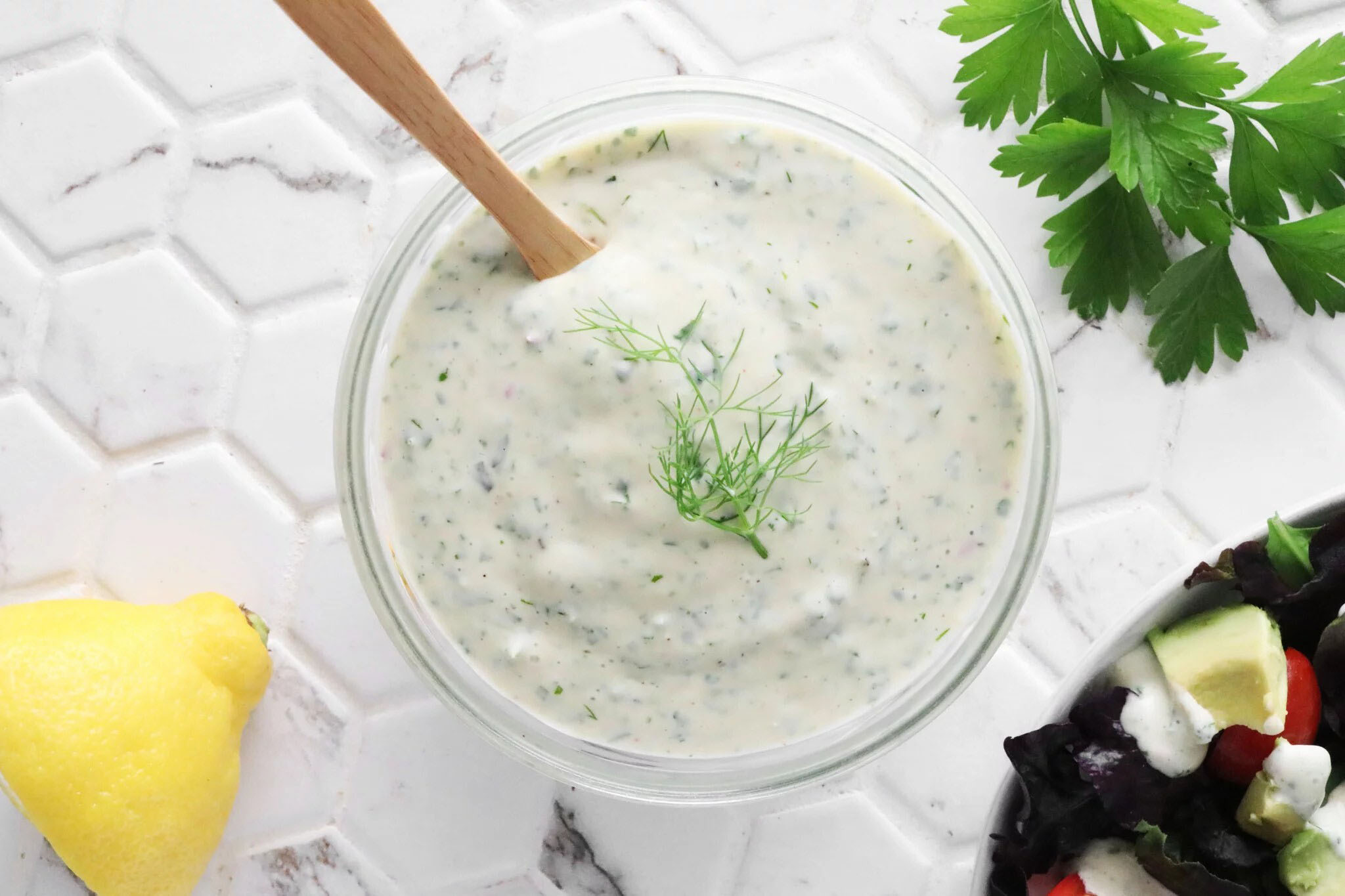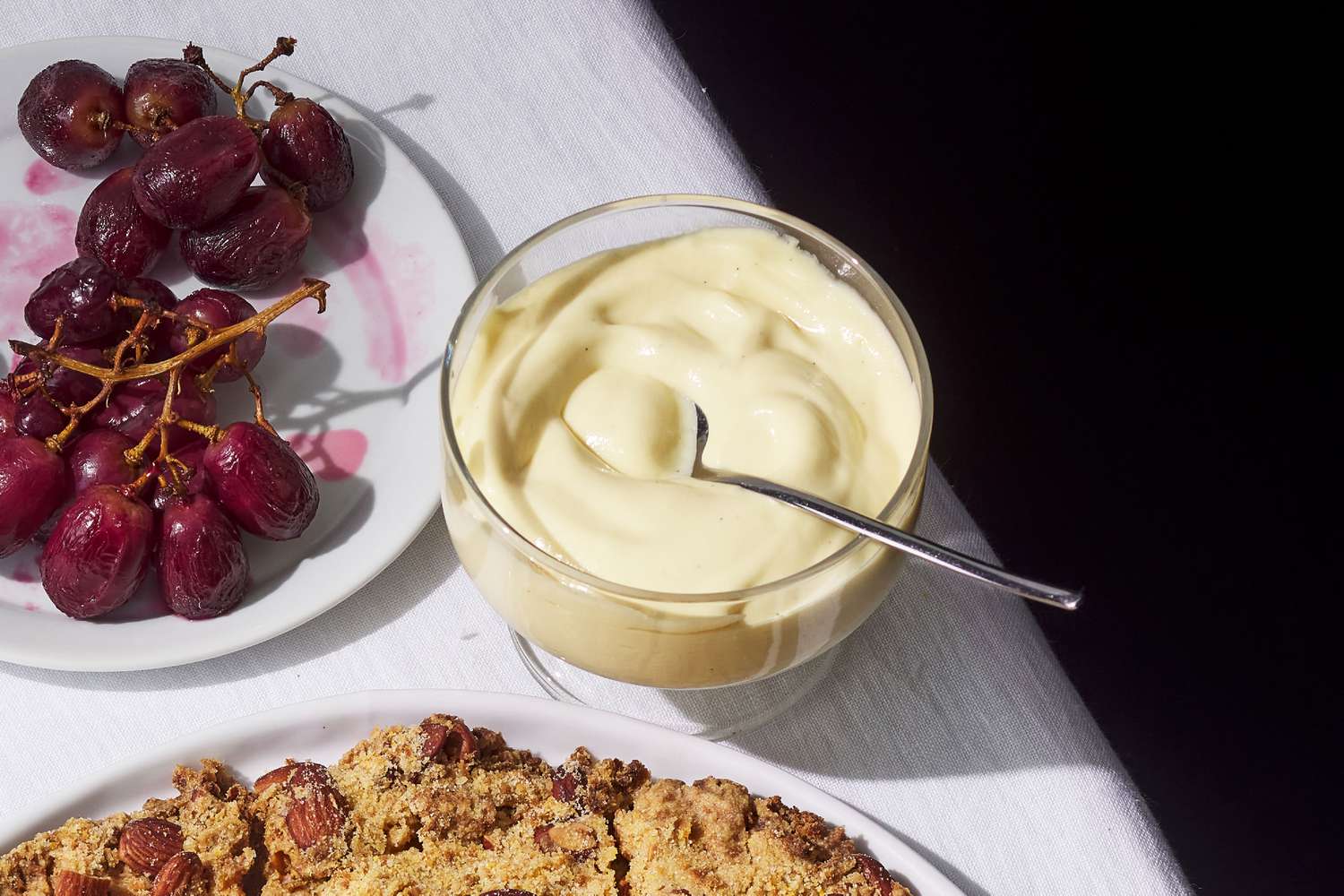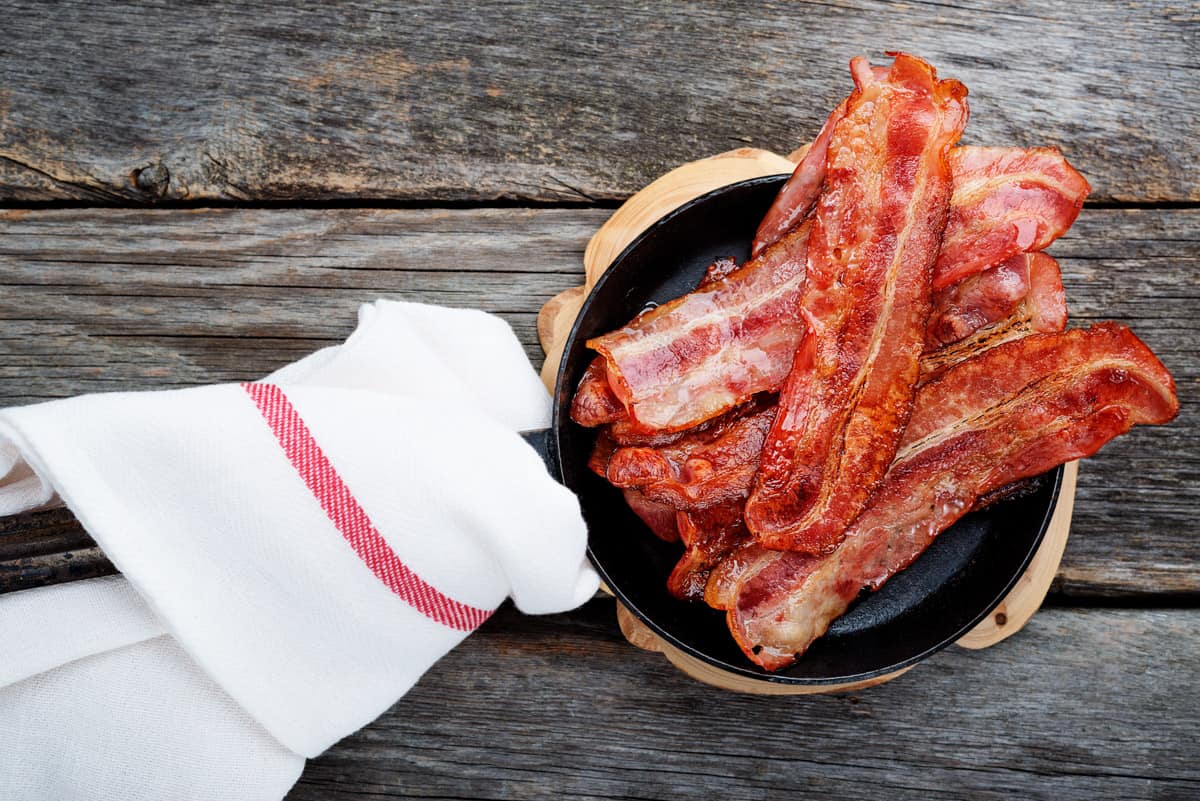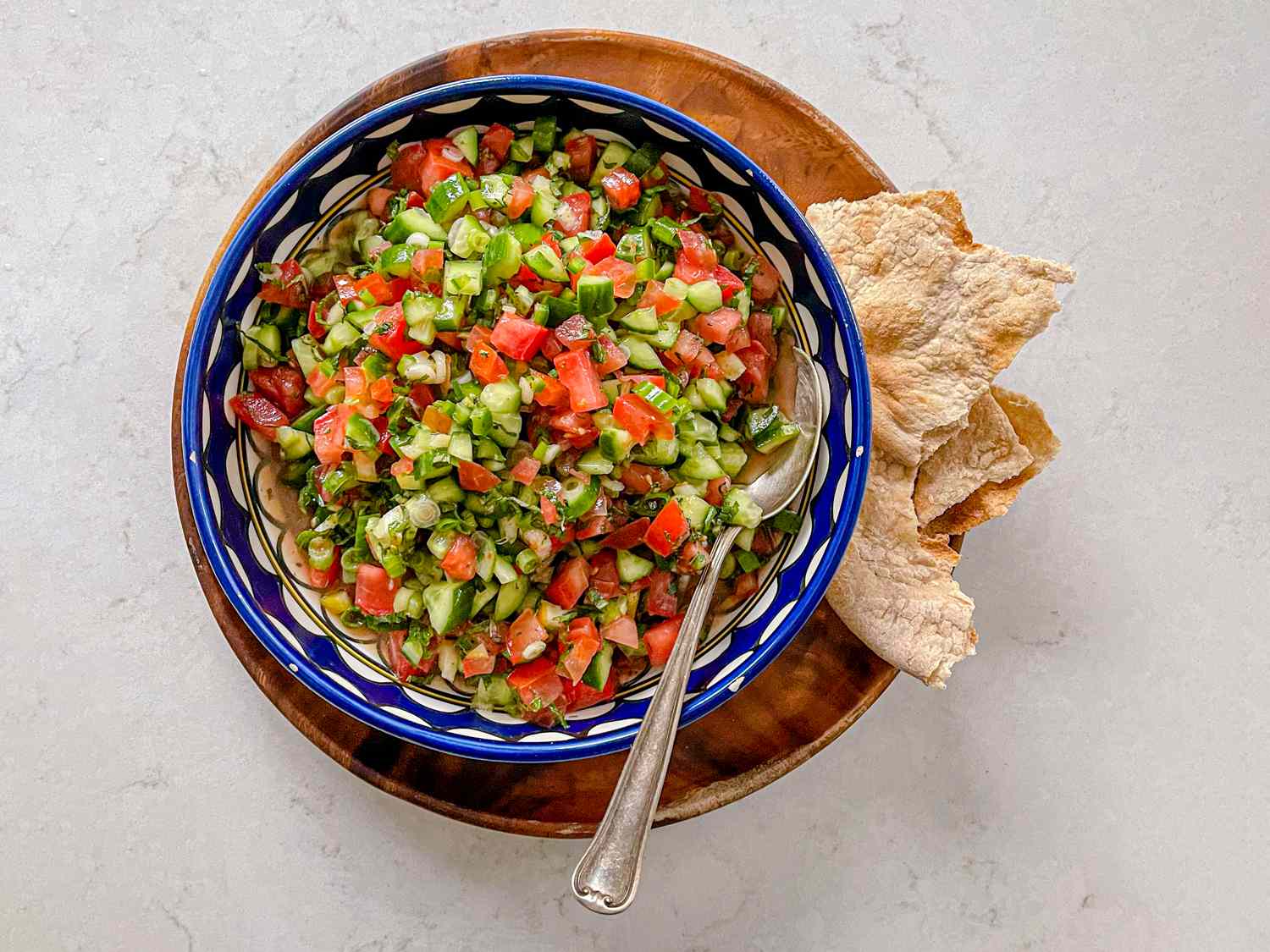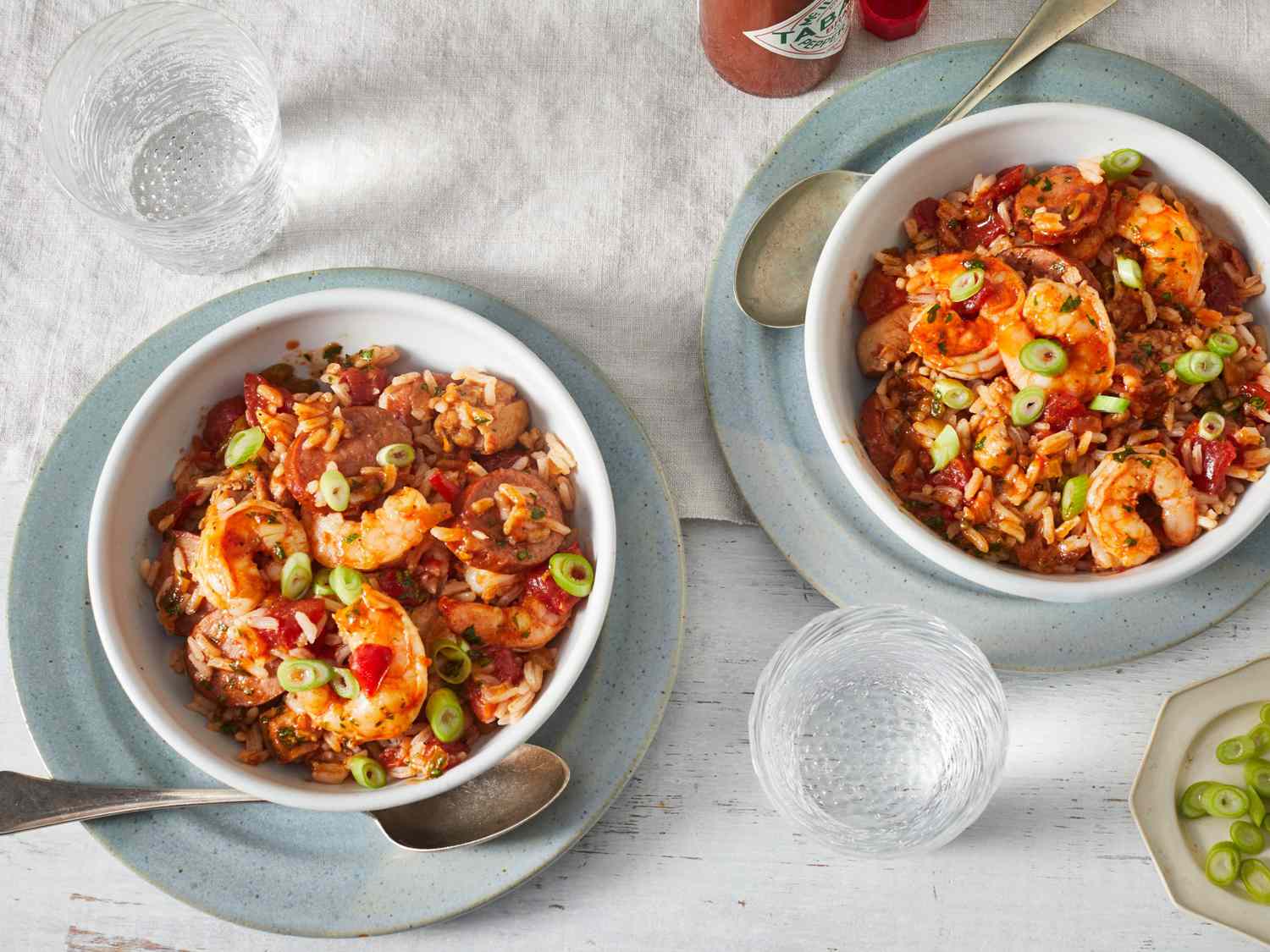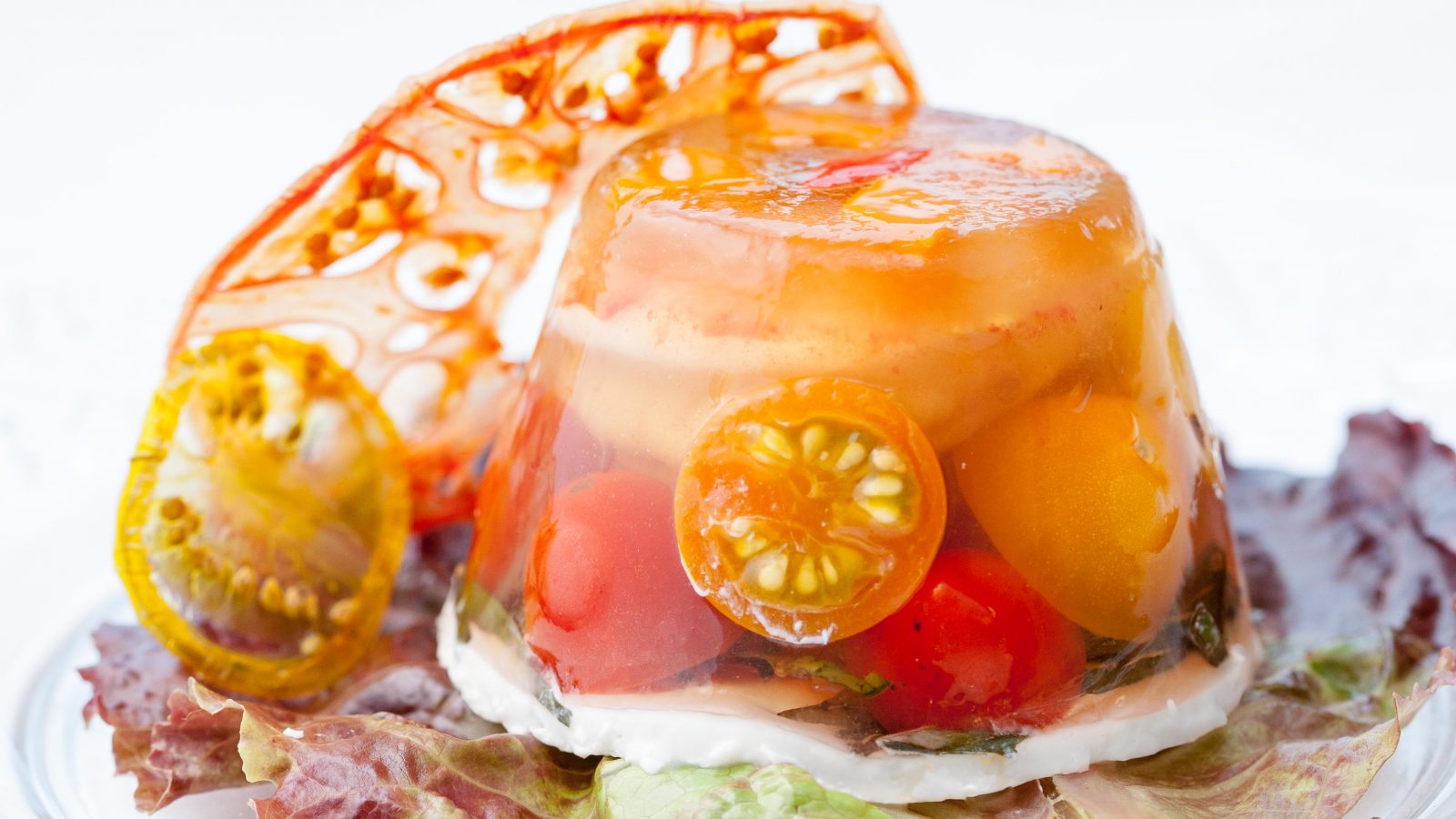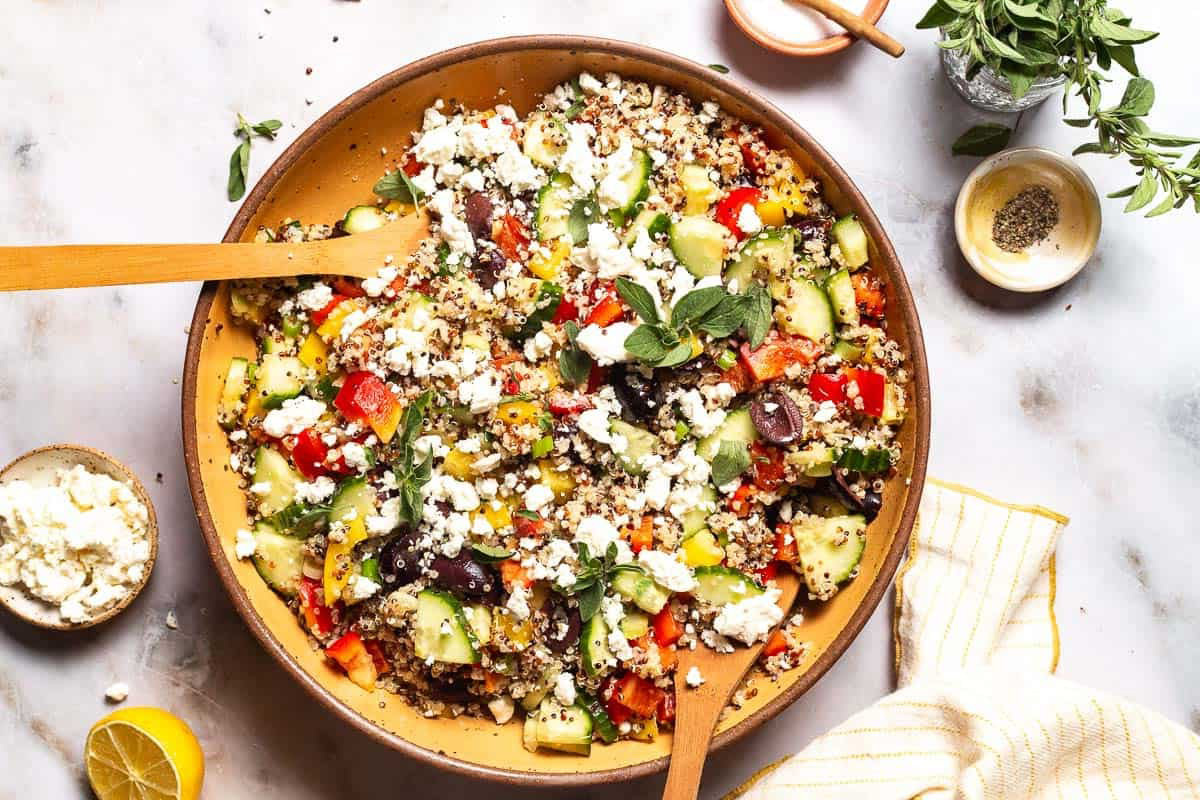Discovering the Delicious and Nutritious Persimmon
Have you ever heard of a persimmon? If not, you’re in for a treat! This unique fruit is not only delicious but also packed with nutrients that can benefit your health in numerous ways. Let’s delve into the world of persimmons and uncover what makes them so special.
What Are Persimmons?
Persimmons are a type of fruit that originated in China and have been cultivated for centuries. They come in several varieties, but the two most common types are the Fuyu and Hachiya persimmons. Fuyu persimmons are squat and round, resembling a tomato, while Hachiya persimmons are acorn-shaped and must be fully ripe before eating due to their astringent nature.
Flavor and Texture
When it comes to flavor, persimmons are sweet and slightly tangy, with a taste that is often compared to apricots or plums. The texture of a ripe persimmon is soft and juicy, making it a delightful snack to enjoy on its own or incorporate into various dishes.
Nutritional Benefits
Despite their delectable taste, persimmons offer a range of health benefits. They are an excellent source of vitamins A and C, which are essential for maintaining healthy skin, boosting the immune system, and supporting overall well-being. Additionally, persimmons contain dietary fiber, which aids in digestion and helps regulate blood sugar levels.
Ways to Enjoy Persimmons
There are countless ways to incorporate persimmons into your diet. Here are a few ideas to get you started:
- Slice and enjoy them fresh as a healthy snack.
- Add diced persimmons to salads for a sweet and refreshing twist.
- Blend persimmons into smoothies for a burst of natural sweetness.
- Bake them into pies, tarts, or bread for a delightful dessert.
- Pair them with cheese and nuts for a sophisticated appetizer.
Choosing and Storing Persimmons
When selecting persimmons, look for fruits that are plump, glossy, and free of blemishes. If you prefer a firmer texture, opt for Fuyu persimmons, while those who enjoy a softer, pudding-like consistency may prefer Hachiya persimmons. Once ripe, persimmons can be stored at room temperature for a few days or in the refrigerator for up to a week.
In Conclusion
Now that you’ve learned about persimmons, it’s time to experience their delightful flavor and nutritional benefits for yourself. Whether you enjoy them fresh, incorporate them into recipes, or explore new ways to savor their unique taste, persimmons are a versatile fruit that can enhance your culinary adventures and contribute to a healthy lifestyle.
So, why not pick up a persimmon during your next trip to the grocery store and embark on a delicious journey that celebrates this extraordinary fruit?
